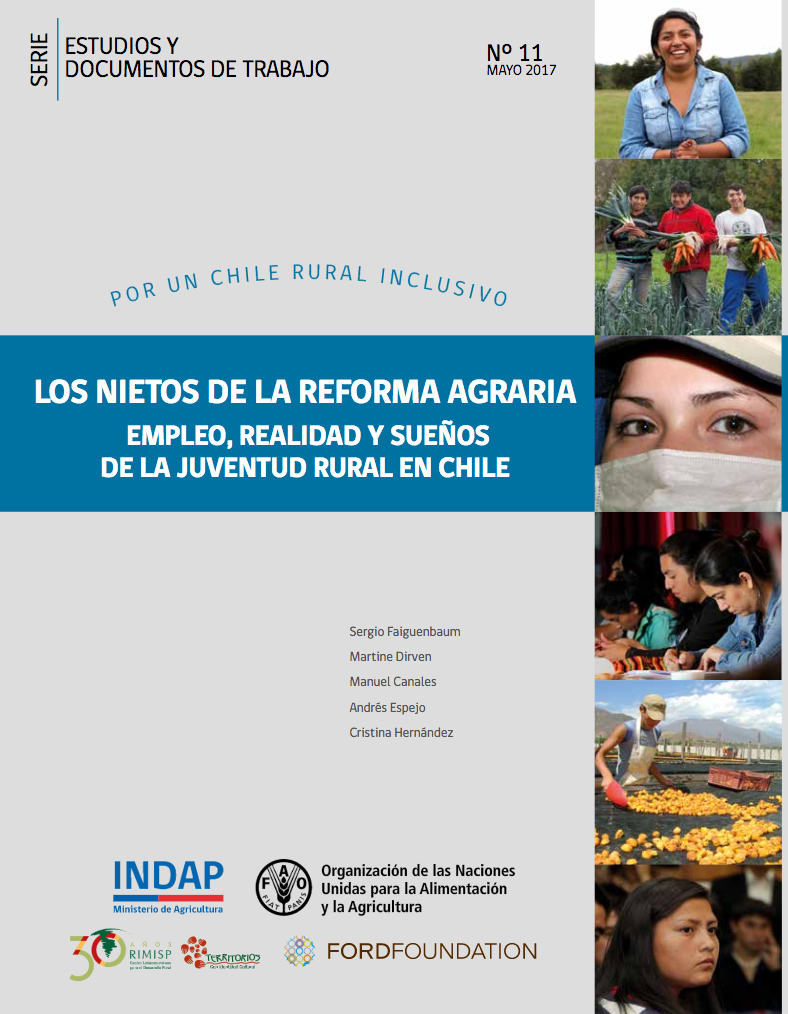Focal point
Location
The Food and Agriculture Organization of the United Nations leads international efforts to defeat hunger. Serving both developed and developing countries, FAO acts as a neutral forum where all nations meet as equals to negotiate agreements and debate policy. FAO is also a source of knowledge and information. We help developing countries and countries in transition modernize and improve agriculture, forestry and fisheries practices and ensure good nutrition for all. Since our founding in 1945, we have focused special attention on developing rural areas, home to 70 percent of the world's poor and hungry people.
Members:
Resources
Displaying 646 - 650 of 5074Transboundary threats to food and nutrition security in Southern Africa
Welcome to this inaugural issue of a quarterly Bulletin that highlights outbreaks of transboundary pests and diseases that have the potential to impact food and nutrition security in southern Africa. The Bulletin also captures recently concluded and upcoming events that are being organized by Food and Agriculture Organization of the United Nations (FAO) and stakeholders to improve the capacities of partners in preparedness and response to crop and livestock emergencies in the
region.
Farmers improve food and nutritional security through agroecology in Mozambique
For over a decade ActionAid Mozambique (AAMoz) has worked with strategic partner organisations in the south and north-east of the country to promote agroecology initiatives with 80 farmers’ associations consisting of over 8000 farmers. 96% of the members are women and 30% of them young people, cultivating an average of 90.9 hectares per association and striving to improve agricultural production.
Food and Agriculture: Driving action across the 2030 Agenda for Sustainable Development
Our planet faces multiple and complex challenges in the twenty-first century. The 2030 Agenda for Sustainable Development commits the international community to act together to overcome them and transform our world for present and future generations.
Los Nietos de la Reforma Agraria
Este estudio indaga sobre la inserción y experiencia laboral de los jóvenes rurales en el Chile de la segunda década del siglo XXI; esos jóvenes, hombres y mujeres que actualmente tienen entre 15 y 29 años, han nacido y se están desarrollando en un entorno económico, social, cultural e incluso demográfico radicalmente distinto del de sus abuelos, quienes vivieron su infancia y/o adolescencia durante el período de la reforma agraria -probablemente la transformación más profunda en la historia de la sociedad chilena-, por lo cual la hemos identificado como la generación de los “nietos de la r
Counting the Cost: Agriculture in Syria after six years of crisis
Despite six years of crisis in Syria, agriculture remains a key part of the economy. The sector still accounts for an estimated 26 percent of gross domestic product (GDP) and represents a critical safety net for the 6.7 million Syrians – including those internally displaced - who still remain in rural areas. However, agriculture and the livelihoods that depend on it have suffered massive loss. The Food and Agriculture Organization of the United Nations (FAO) has now conducted the first comprehensive nationwide assessment on the cost of the war to the agriculture sector.











